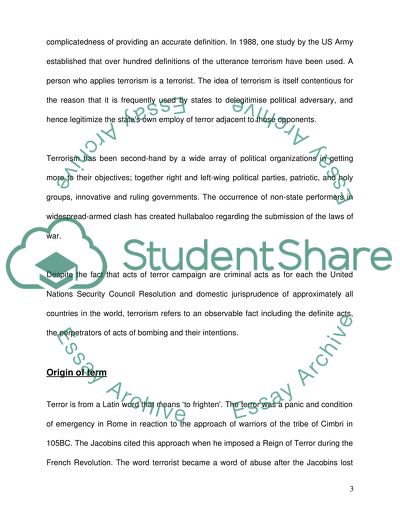Cite this document
(“National Security Essay Example | Topics and Well Written Essays - 2500 words”, n.d.)
Retrieved from https://studentshare.org/law/1509056-national-security
Retrieved from https://studentshare.org/law/1509056-national-security
(National Security Essay Example | Topics and Well Written Essays - 2500 Words)
https://studentshare.org/law/1509056-national-security.
https://studentshare.org/law/1509056-national-security.
“National Security Essay Example | Topics and Well Written Essays - 2500 Words”, n.d. https://studentshare.org/law/1509056-national-security.


